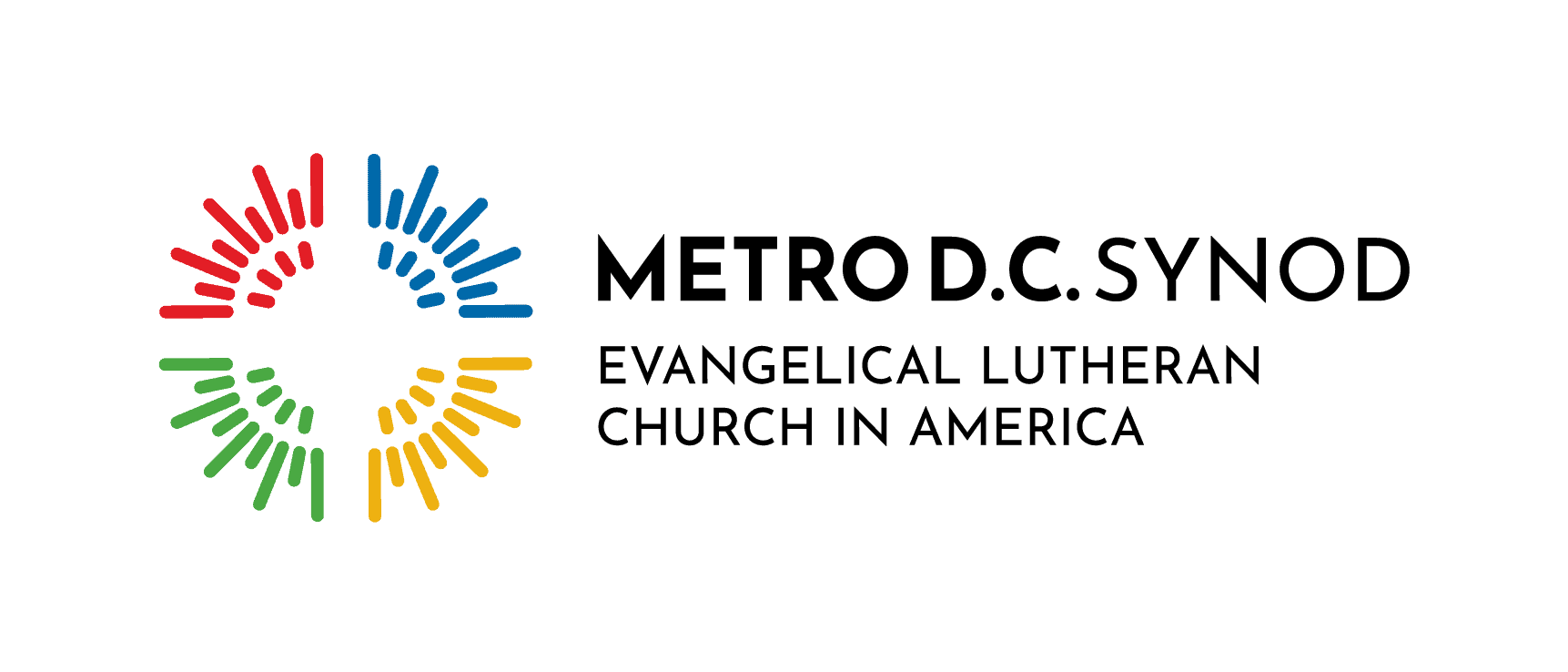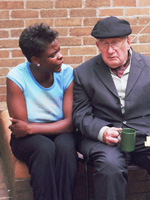We need to talk

Church the appropriate place for deep, honest, even painful conversation about race
A MONTHLY MESSAGE FROM THE ELCA PRESIDING BISHOP
This summer and fall our country was shaken by violence—the violent encounters between police and young African-American men in Ferguson, Mo., New York and Cleveland, and the violence of communities of color reacting to decisions of grand juries. And, just before Christmas, we were saddened and sickened by the assassination of two New York City police officers as they sat in their patrol car. So much loss of life. Such a forfeit of hope.
What had happened to us that our country and communities should so quickly fracture? And how could it be that people living in the same place and time, breathing the same air, could have such different experiences of life in the U.S.?
Just after the grand jury announcement in the Ferguson case, the staff at the Lutheran Center in Chicago got together for lunch and conversation. Staff members who are people of color talked about their experience of race in the U.S. Person after person told stories of being followed by store employees when shopping; of uncomfortable encounters with law enforcement; of the need to teach their children, especially their sons, specific ways to behave when stopped by police; and which neighborhoods to avoid.
These are your staff. They are decent churchgoing family people who work for the ELCA because they believe in our mission and want to make the world a better place in Jesus’ name.
I also think about all the members of law enforcement whom I’ve served as a parish pastor. I can’t think of a single one who made the decision each day to harass people of color. These were decent churchgoing family people who went into law enforcement because they wanted to make the world a better place, even at the potential risk of their own lives.
At its root this is not about law enforcement and the legal system. I wouldn’t want to live in a community that didn’t have police. This is a broken and sometimes dangerous world. The first use of the law (the commandments) is that “external discipline may be maintained against the unruly and the disobedient” (Formula of Concord, Article VI). In his Small Catechism, Martin Luther teaches us that an orderly community and good government are part of what we ask for when we pray, “Give us this day our daily bread.”
No, the tension now between communities of color and law enforcement and the different perception of and reaction to Ferguson and New York by white Americans and African-Americans is a symptom of a deeper issue—the issue of race in this country. It’s difficult to talk about this for many reasons: we don’t want to believe racism still exists in 21st-century America, we want to believe that we’re past that as a society, it makes the majority culture feel defensive, we don’t want to be thought of as racist, and it’s just plain hard to talk about.
But not talking about it won’t make it go away. Some might argue that the church is no place for such a “political” issue, that we should be concerned with the spiritual, not the temporal. But I’m convinced that not only is the church the appropriate place for this conversation, it might be the only place where the deep, honest, even painful conversation about race can take place so people feel they have been heard, and change and healing can happen.
The church has many resources to help members and congregations talk with each other about race. “Talking Together as Christians about Tough Social Issues” and “Talking Together as Christians Cross-Culturally: A Field Guide” are two ELCA publications available online (search for these titles at www.elca.org). Our bishops and synod staffs are ready and willing to walk with congregations as we engage in this.
But the greatest resource we have comes to us new every day: baptism. In baptism we are claimed by Christ—held fast by Christ, loved by Christ with a love so strong no power in heaven or earth can separate us from it (Romans 8:31-39). In baptism, sin and death have been beaten. In baptism, we have been made new. Redeemed, loved, free people can talk to each other about race.
We need to talk.
The Rev. Elizabeth A. Eaton
Presiding Bishop
Evangelical Lutheran Church in America
This column originally appeared in the February 2014 issue of The Lutheran magazine. Reprinted with permission.



